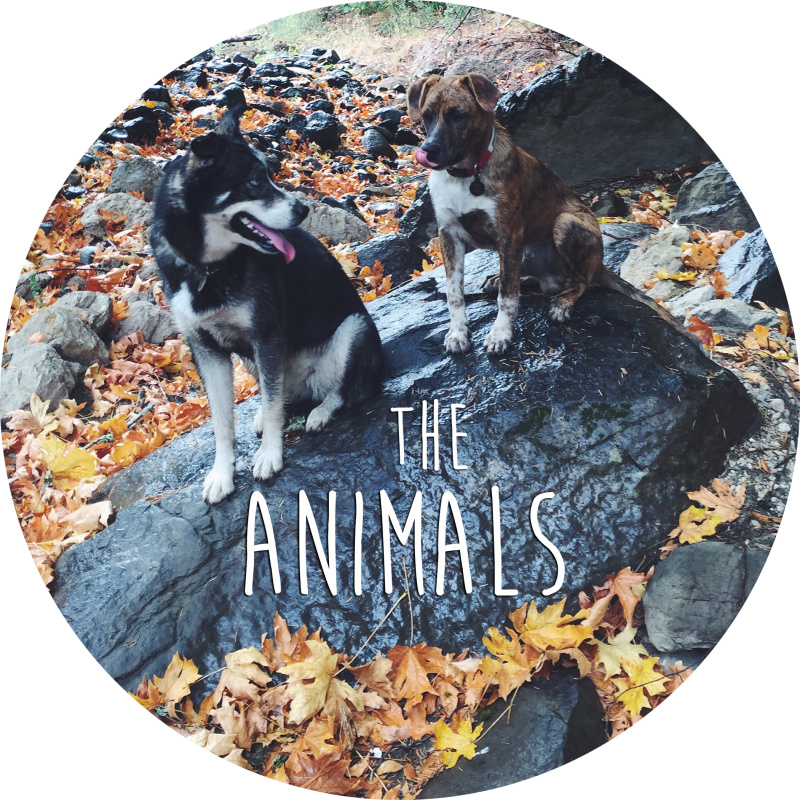Supporting Your Pets Through a Traumatic Experience
As many of you know, my family and I recently lost our home to the devastating Tubbs Fire. We were fortunate in that all the humans, dogs, and cats in our home were successfully evacuated, and we are incredibly grateful to the friends, family, and clients that have reached out and supported us. As we navigate this enormous shift in our life, our pets are doing the same, but they are grappling with these huge changes without the aid of a verbal understanding of what is going on.Changes in routine alone, let alone big life changes like the events our area is dealing with, can have a big impact on our animals. Koa, my husky girl, has struggled with separation anxiety for the past two years that I've had her, but in the past year or so her SA behaviors had been minimal and hardly noticeable. Now I notice a distinct increase in the intensity of her greetings. She greets me with frantic relief after I come home from a short trip to the grocery store, or even if I come back into the house from the tent trailer where we are currently staying in my mother's yard. Her sense of security and normalcy has been disrupted. So how do we support our animals through this tough transition?
Firstly, try to be observant and patient. Observe changes in your dogs' behaviors and body language, and try to figure out what additional needs they have at this time. Be patient if you experience a resurgence of old behavioral problems that were previously solved. Anything from separation anxiety to difficulty with potty training can surface. Dogs are creatures of habit and routine, so being evacuated to an unfamiliar place, or surrounded by unfamiliar people can really throw them of. When these old behaviors arise, work back through them as you have previously — most likely, they will pick back up where they left off pretty quickly.
Second, provide comfort and familiarity however you can. I know this is hard for those of us that lost everything, including comfort items that smell familiar, like our dogs bedding and blankets, but try to keep similar feeding, walking, potty, and training schedules as much as you can. Some dogs like having access to familiar odors, so if you have to leave them you can give them an article of clothing or something that smells like you to comfort them. Don't worry about "coddling" or "spoiling" your pets too much — there is no such thing as giving too much love.
Finally, try and keep them busy and active. Providing mental and physical stimulation will help divert excess energy that can exacerbate anxiety. You don't want to wear them out, and if your pooch is letting you know they need rest (as Muchacho did this morning when he practically refused to get out of bed), it's important to give them some down time, but providing long walks or hikes where your dog can sniff and explore, or getting some extra enrichment toys like puzzles or stuffed Kongs, can really be soothing.
Thanks again to all of you that have offered help and lifted our spirits with your kind words. We are grateful to have one another, to have you, and to continue the great adventure that is this life.








